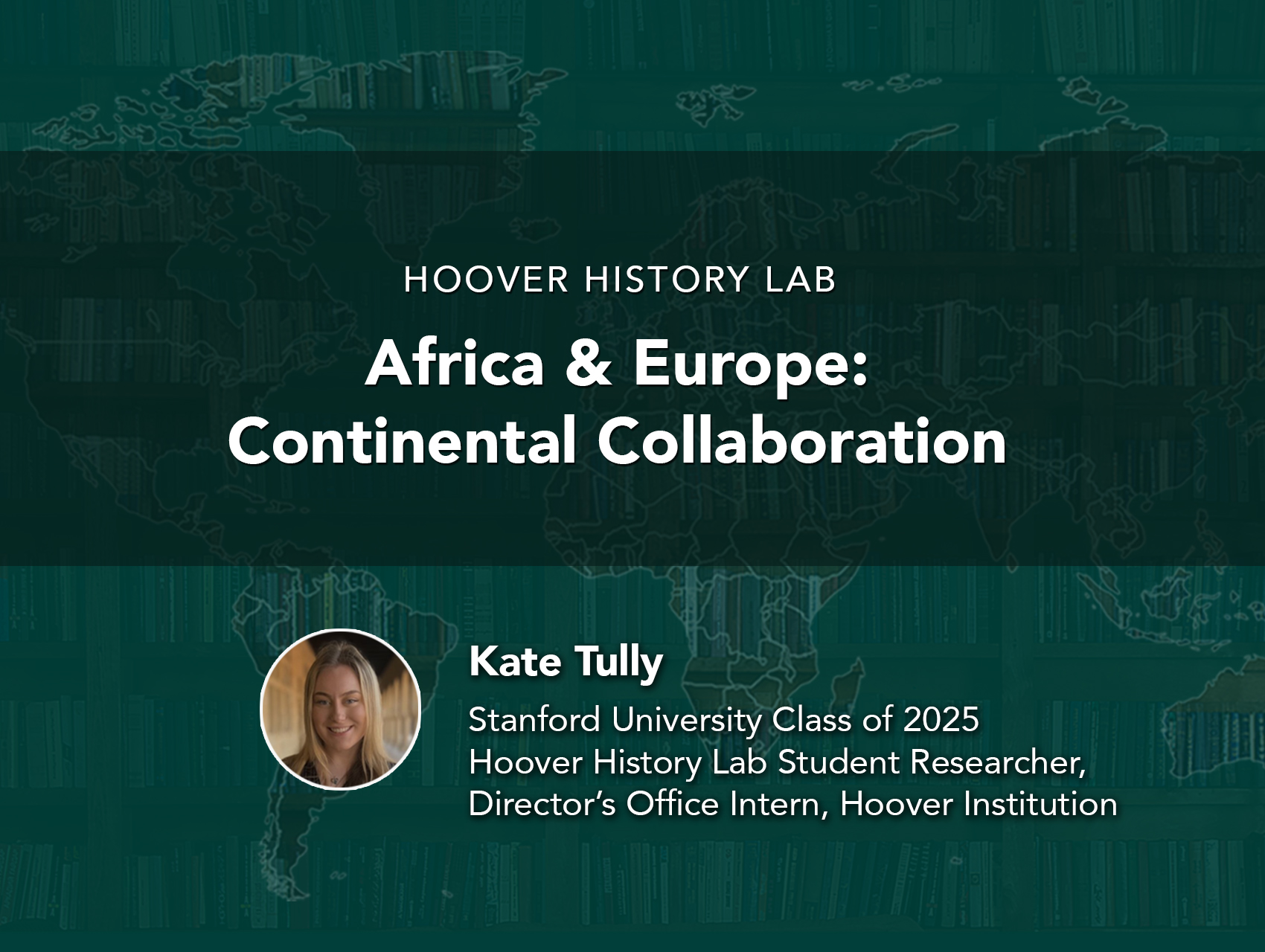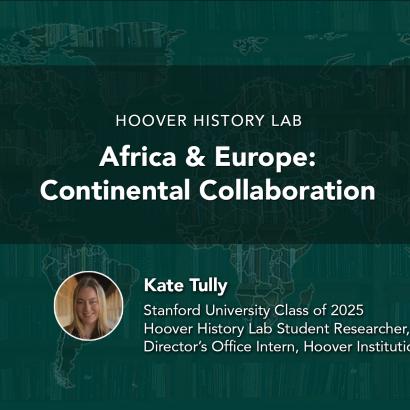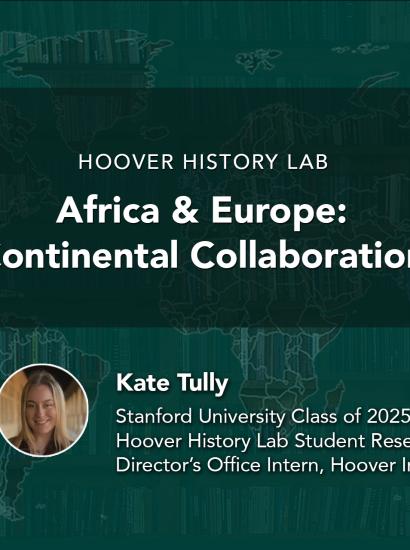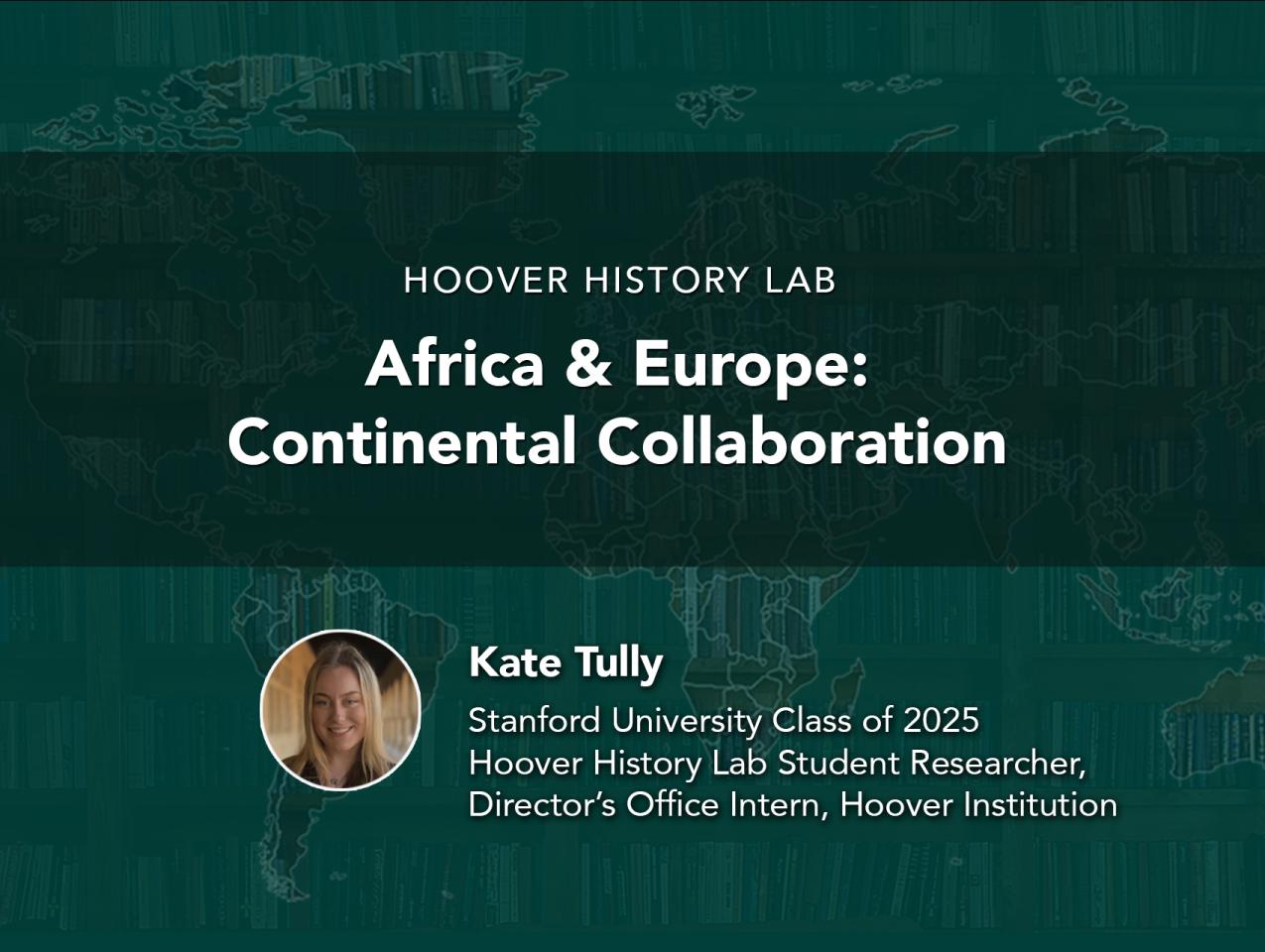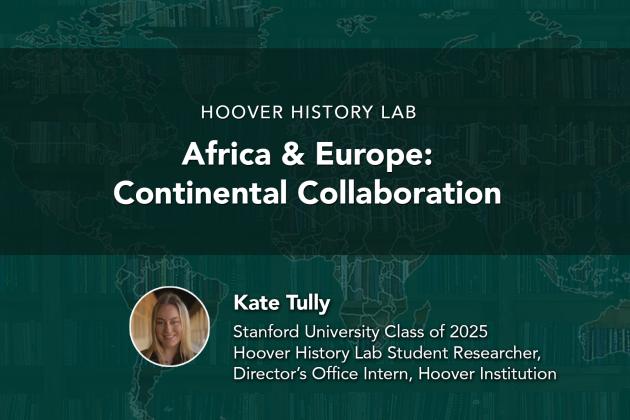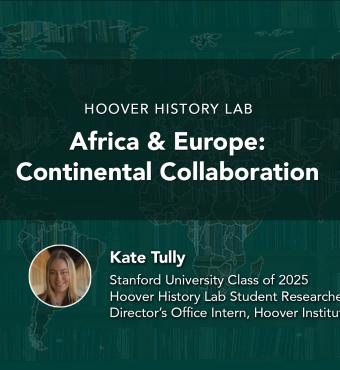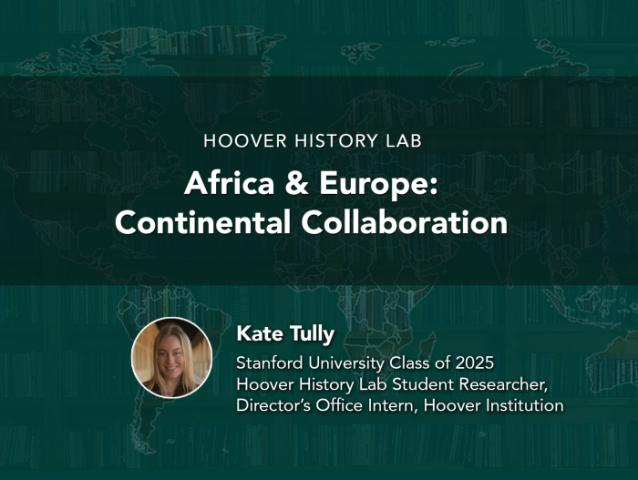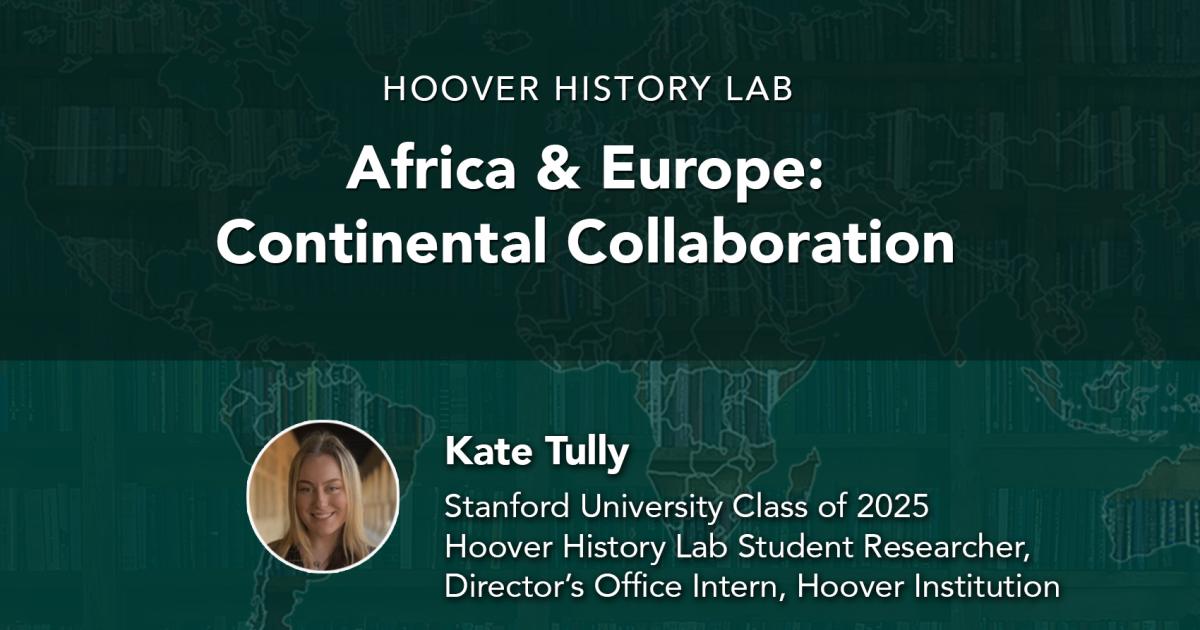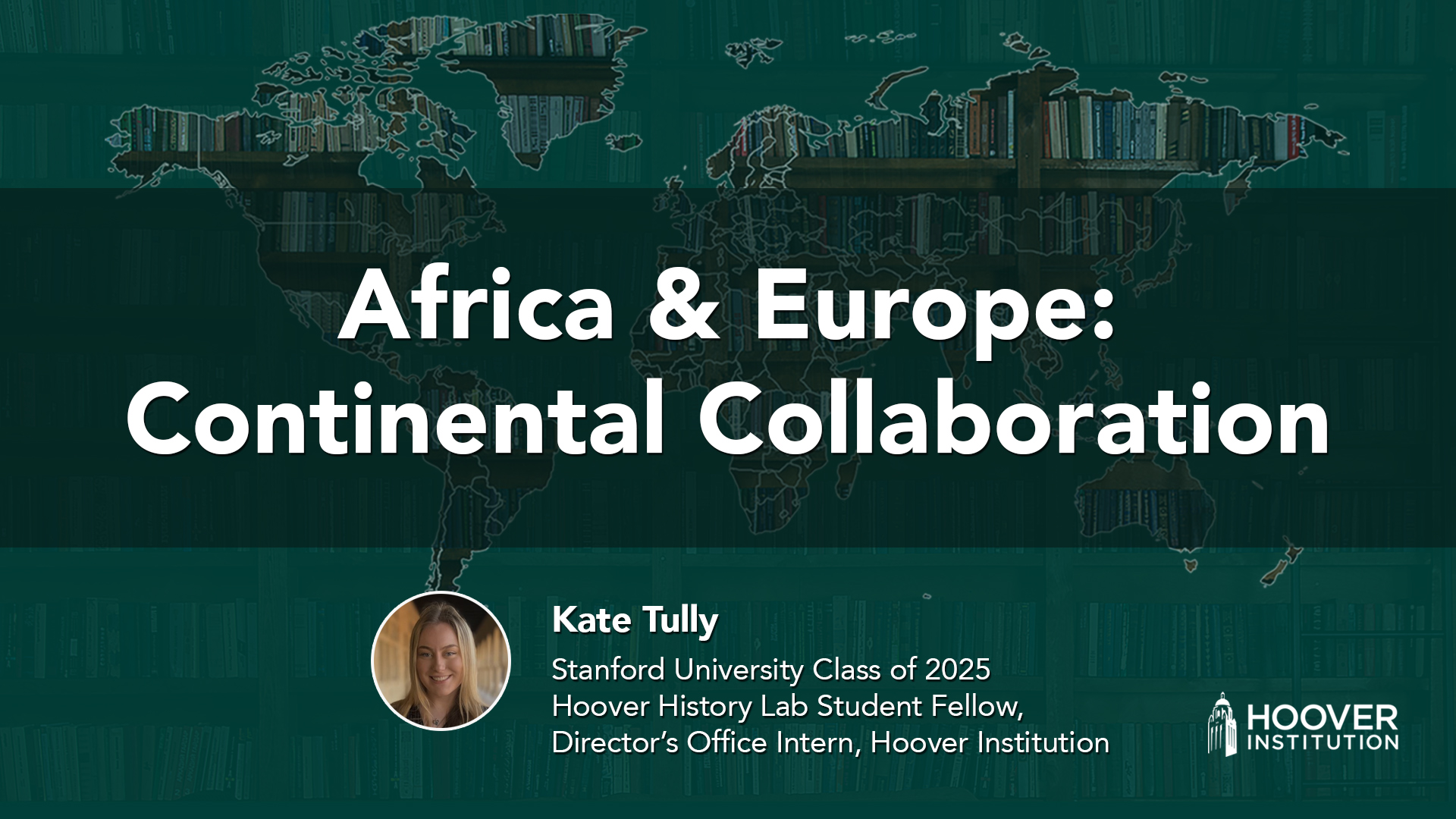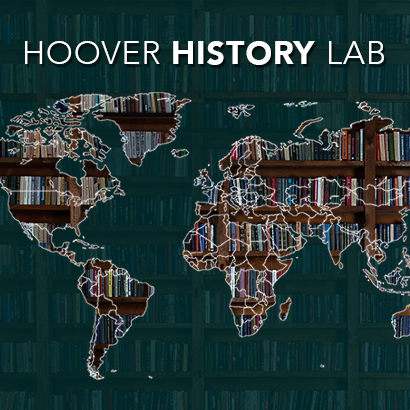China’s Belt and Road Initiative for entrenching debt and authoritarianism in Africa, highlights its failing infrastructure and political interference. Europe should use this opportunity leverage the Global Gateway initiative and build competitive, community-focused infrastructure as well as invest in Africa’s youth. This approach would transform Africa’s demographic challenge into an economic engine, fostering sovereignty and sustainable growth.
>> Kate Tully: In Africa, the Chinese Communist Party is making a geostrategic bid for resource dominance and political influence under their flagship Belt and Road initiative. Although Chinese President Xi Jinping touts the relationship between China and Africa as historically strong and resilient, the reality on the ground is marked by exploitation, debt, and dysfunction.
As Europe seeks to rekindle its engagement with the continent through its Global Gateway Initiative, it must avoid repeating China's mistakes. Chinese state-owned mining and oil conglomerates have indeed successfully captured large swaths of Africa's rare earth, minerals, and energy reserves. The CCP has also mounted an extensive campaign of interference into Africa's political ecosystems to cultivate an acquiescent governing class in Africa that securitizes Chinese state power and economic interests.
Through training, schools, party-to-party exchanges, and the distribution of facial recognition technology, the Chinese Communist Party is helping cement African authoritarianism while regressing freedom and democratic governance on the continent. This is not a new playbook. A century ago, French colonialism in West Africa used centralized control, elite capture, state-driven mercantilism, and extractive economies to subjugate the continent.
China is doing the same today, only under the guise of development coordination. But the Chinese model is unraveling. Chinese-built railways sit idle or hemorrhage money. African governments are mired in opaque resource-backed debt. Instead of delivering development, China is regressing democratic governance and sovereignty. Here lies the opportunity.
China's missteps offer the West, especially Europe, a lesson in what not to do. It must reject extractive development, predatory debt schemas, and elite manipulation in favor of transparent people-centered collaboration that empowers and strengthens African institutions and people. China has missed a key opportunity to invest in Africa's greatest asset, its people.
By 2050, Africa's population is projected to reach 2.5 billion. Presently, African countries do not have the job training or skills development infrastructure to accommodate the upcoming population boom. This would likely cause a migration crunch into Europe, causing social unrest and destabilization. But if Europe acts now, it can turn today's demographic challenge into tomorrow's economic engineering.
The EU should also build better infrastructure by bidding projects competitively, hiring local African workers and ensuring that development serves the community, not foreign creditors. This is not a competition of projects, it's a contest of paradigms. Africa doesn't need another empire; it needs a partner. Europe can play this role if it learns from China's mistakes and chooses partnership over patronage.
ABOUT THE SPEAKER
Kate Tully is a Hoover History Lab student researcher and Director’s Office intern at the Hoover Institution. She is a senior at Stanford University studying political science with concentrations in governance and international relations. Her research focuses on authoritarian actors, colonialism, and geopolitical competition in Africa. She is currently completing an honors thesis on autocratic coups in the West African Sahel. Kate is the recipient of a Rhodes Scholarship to study at Oxford University, where she will pursue a master’s degree in International Relations.
RELATED SOURCES
ABOUT THE SERIES
Policy in Brief by the Hoover History Lab analyzes contemporary global policy challenges, offering insights and providing possible solutions through a historical lens.







